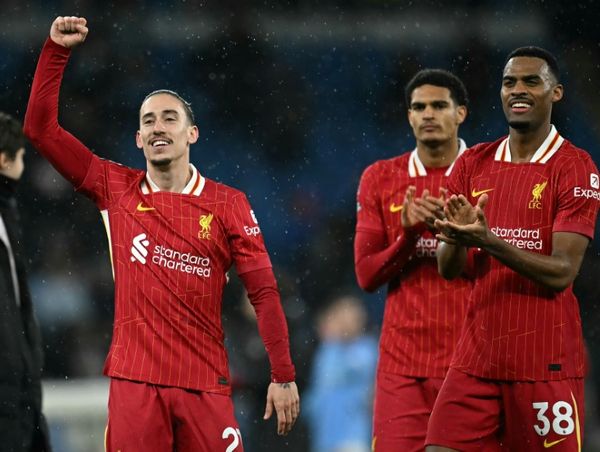
A “very tense” behind-the-scenes row over how quickly hospitals in England can be expected to reduce the massive backlog of surgery has broken out between NHS bosses and ministers.
The dispute has delayed publication of the government’s “elective recovery plan”, which Downing Street had indicated would be part of Boris Johnson’s “Operation Red Meat” political fightback this week.
Johnson’s plan for salvaging his premiership after revelations of lockdown-busting parties at Downing Street has been to announce a slew of populist policies, including freezing the BBC licence fee for two years.
No 10, the Treasury and Department of Health and Social Care are pressing NHS England to ensure that hospitals do as many operations as they can, as quickly as possible, in order to tackle the backlog, which now stands at a record 6 million patients.
They want to impose “stretching and demanding” targets on hospitals, sources with knowledge of the discussions said.
However, NHS trust bosses say the ongoing impact of treating patients sick with Covid, due to the current Omicron surge, longstanding gaps in their workforce, exhaustion at the frontline and record levels of staff sickness, mean they need time to get back to doing as much surgery as they did before the pandemic.
The Treasury is said to be frustrated with NHS England and privately believes it is “foot-dragging” over the targets. NHS bosses for their part fear the plan is being driven by “political expediency”, given the growing concern at the sheer number of people facing long delays for care.
One source said: “The Treasury are keen to set out some pretty bold targets but there’s been pushback on that [from the NHS]. The Treasury are saying ‘let’s really crack on’, and the NHS is saying ‘let’s just keep it real and remember the pressures on us just now from Covid, the vaccination programme and other things.’”
Both sides agree that targets for what percentage of pre-Covid levels of non-urgent care hospitals should get back to providing, and by when, will be a key element of the “elective recovery plan”. It was due to appear last month but was delayed when Omicron struck in early December and threatened to overwhelm the NHS, forcing some trusts to cancel some non-urgent surgery.
However, hospital bosses say the targets have to be “realistic”, given the pressures they are under. One NHS official said ministers needed to be pragmatic and “not set up the NHS to fail”.
Matthew Taylor, the chief executive of the NHS Confederation, which represents health service trusts, said: “We need to set stretching targets but the worst thing the government could do is to set unrealistic targets that risk undermining public confidence in the NHS if and when they are not achieved.”
Ministers should wait several weeks, until the full impact of Omicron is known, before finalising the targets, he added.
Hospitals were already doing their best to make inroads into their waiting-lists, Taylor said. “But they are facing a demand crunch of rapidly rising demand for care, high hospital admissions from Covid and staff absences that are double the normal level for this time of year.”
The fast-growing backlog of care is emerging as a key political priority for Johnson. Last week brought another set of grim NHS performance figures. They showed that the number of people on the waiting list had reached almost 6 million, that more than 2 million people had already waited beyond the supposed maximum of 18 weeks and 18,585 had waited more than two years.
The waiting list already stood at 4.4 million before the pandemic. But Covid’s disruption to many normal hospital services, and people’s reluctance to seek NHS care while infection rates have been so high, have pushed it to record levels. It has been growing by about 150,000 people every month since last year.
The prime minister has appointed a team of officials, all with significant NHS experience, to advise him how waiting lists can be brought down and to scrutinise NHS England’s progress. Sir Michael Barber, the ex-head of Tony Blair’s Downing Street delivery unit, who is a firm believer that targets ensure the NHS delivers, has been advising the health secretary, Sajid Javid, on the backlog.
Chris Hopson, the chief executive of the hospitals group NHS Providers, told the Health Service Journal earlier this week that ministers should wait to see Omicron’s full effect on the NHS before finalising the detail of what the targets will be.
“The bit that needs careful thought, and risks not being done if the plan is rushed out too quickly, is what difference Omicron is making and what the NHS can sensibly commit to, particularly for 2022-23, given the significant disruption that the Omicron surge has caused”, he said.
A DHSC spokesperson said: “The pandemic has put enormous pressures on the NHS, but we are committed to making sure people get the treatment they need.
“We have provided an additional £5.9bn to help tackle the Covid backlogs and we are investing £36bn over three years. The elective recovery plan is an important part of our recovery, and we will set out the details in due course.”
Meanwhile, patients who are worried that they may have cancer but are having no luck with their GP can call a hotline for help, a health minister has told MPs.
Maria Caulfield, the minister for patient safety and primary care, told the Commons health and social care committee that the NHS was piloting cancer hotlines staffed by nurse specialists as a route towards rapid diagnosis.







